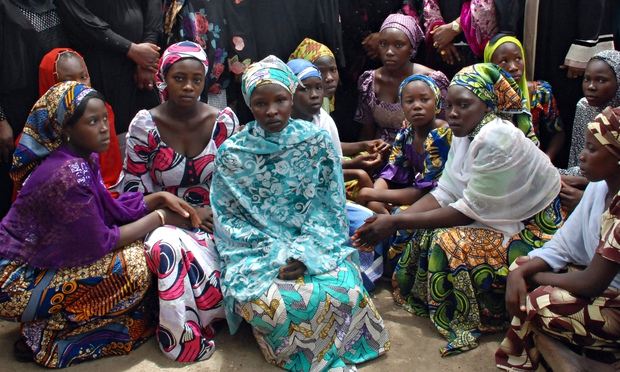News
Amnesty International says women, girls who are victims of Boko Haram are neglected

Global human rights group, Amnesty International has raise an alarm over the brutality against women and girls caused by the activities of Boko Haram insurgents.
Speaking in a statement on Wednesday, Osai Ojigho, the director of Amnesty International Nigeria said a new research it conducted showed that the majority of the women and girls who are victims of Boko Haram’s attack do not get psychological and medical attention.
It said that their atrocities which cycles around killings, abductions, lootings, rape and sexual violence are war crimes.
“In February and March 2021, Amnesty International interviewed 22 people in a cluster of villages in northern Borno State that Boko Haram has repeatedly attacked since late 2019,” the group said.
“As Boko Haram continue their relentless cycle of killings, abductions and looting, they are also subjecting women and girls to rape and other sexual violence during their attacks. These atrocities are war crime.
“The targeted communities have been abandoned by the forces that are supposed to protect them, and are struggling to gain any recognition or response to the horrors they’ve suffered. The Nigerian authorities must urgently address this issue.”
The statement further narrated experiences and scars of women who were victims of the Boko Haram attacks.
It continued, “Amnesty International interviewed three other witnesses who similarly described the same attack, including hearing women’s screams and seeing them extremely distressed after Boko Haram left. A traditional healer said she cared for several women following the attack who had been raped.
“The same healer had previously treated two other survivors, including one who was under 18 years old, after a Boko Haram attack on another village.
“No survivors Amnesty International interviewed appear to have accessed formal health services. Stigma and fear of repercussions mean such incidents are significantly underreported, even within affected communities. At least one of the survivors continues to suffer health complications some months later.”






